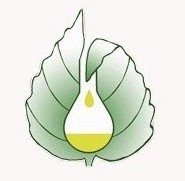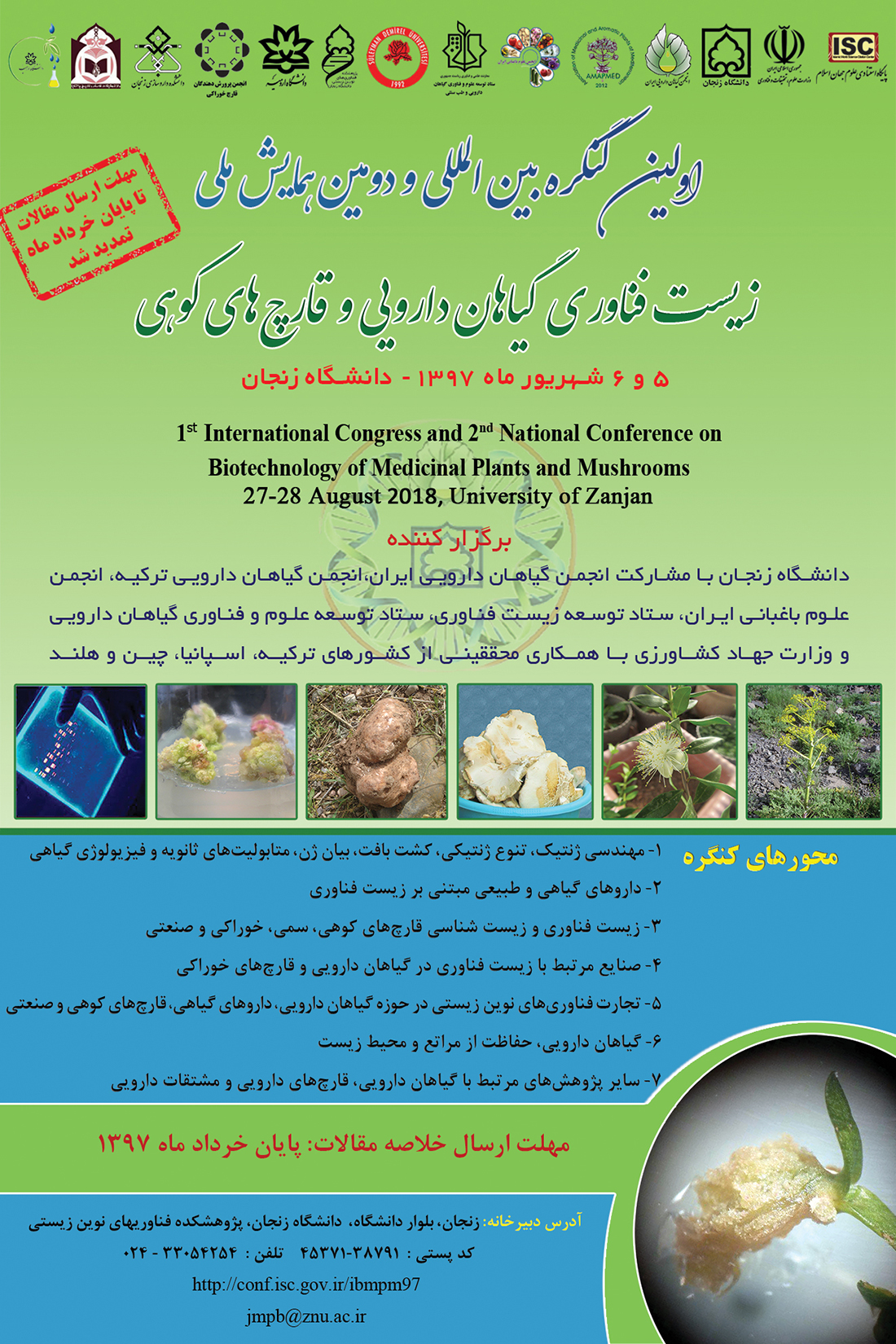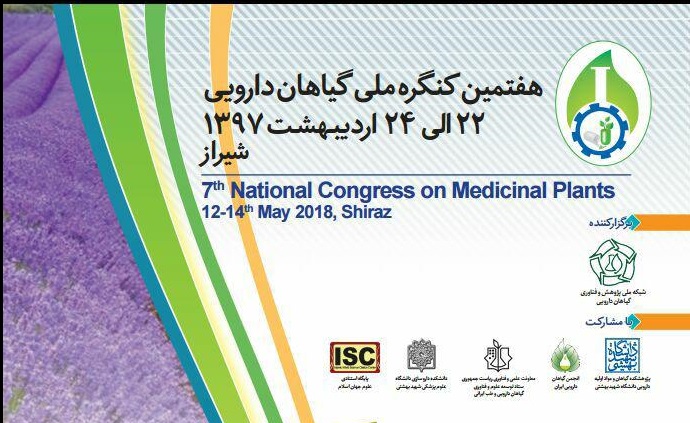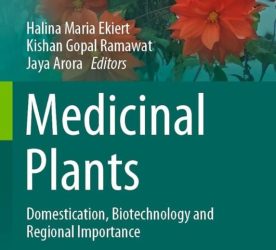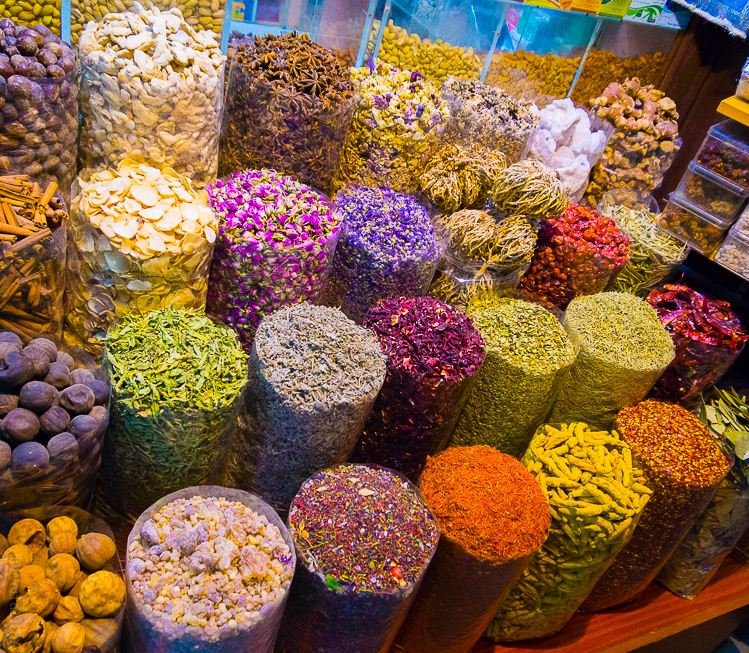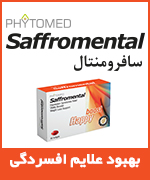EVALUATION OF THE EFFECT OF ORGANIC FERTILIZERS AND
MULCH APPLICATION ON GROWTH, DEVELOPMENT, ESSENTIAL
OIL CONTENT, AND MICROBIAL LOAD IN PEPPERMINT
.
Somayeh Mirmostafaee,1,* Majid Azizi,1 Masoumeh Bahreini,2 Hossein Arouiee,1 Fatemeh Oroojalian3
۱ Horticultural Science Department, Ferdowsi University of Mashhad, Mashhad, Iran
۲ Biological Science Department, Ferdowsi University of Mashhad, Mashhad, Iran
۳ Life Science Engineering Department, University of Tehran, Tehran, Iran
E-mail: smirmostafaee@yahoo.com
.
Today in medicinal plants culture, organic culture is noticeable because of undesirable effects of chemical fertilizers. Another important problem about medicinal plants is microbial quality, so it is necessary to evaluate utilization of organic culture on microbial contamination of medicinal plants. This experiment about peppermint culture was set up as split plot on the basis of randomized complete block design with 8 treatments and 3 replications. The utilization of organic compounds as a main factor included: 1-untreated control, 2-urban compost applying, 3-organic manure applying, and 4-organic manure applying with wood chips mulch, and harvest as a sub factor included two harvest were used. Morphological traits, essential oil content and yield, and microbial contamination, were measured and compared in each treatment according to the standard guidelines. Result of means comparison (p<0.05) indicates that the utilization of organic fertilizers and matter increased growth and development indexes, yield, and essential oil content and yield, so that total herb yield and essential oil yield on two harvest were at maximum level in organic manure applied plots (472.2 g/m2 and 14.5 ml/m2 respectively), these enhancements were more significant in first harvest. In terms of microbial contamination, none of the fertilizer treatments increased microbial contamination in first harvest, and application of mulch could decrease microbial load significantly. In second harvest, organic fertilizers especially organic manure, only increased mesophilic aerobic bacterial contamination. According to microbial quality standards all the samples were standard in mesophilic aerobic bacterial contamination for pretreated consumption. The samples of first harvest and just the compost fertilized samples of second harvest were standard in coliforms contamination for pretreated consumption and only the compost fertilized and mulch treated samples of first harvest were suitable for crude consumption. None of the samples were standard in mold and yeast contamination for any consumption. Totally although increasing mesophilic load in first harvest, organic fertilizers caused peppermint yield and essential oil content enhancement and mulch could decrease microbial load. First harvest not only was better in yield, but also was in more desirable condition for consumption in microbial quality.
References
[۱] Singh P.; Srivastava B.; Kumar A.; Dubey N.K. Microbial Ecol. 2008, 56:555–۵۶۰.
[۲] World Health Organization. 2007, 118p.
[۳] Fontana, E.; Hoeberechts, J.; Nicola, S. Acta Hortic. 2006, 723 : 405-410.
https://medplant.ir/?p=12561

